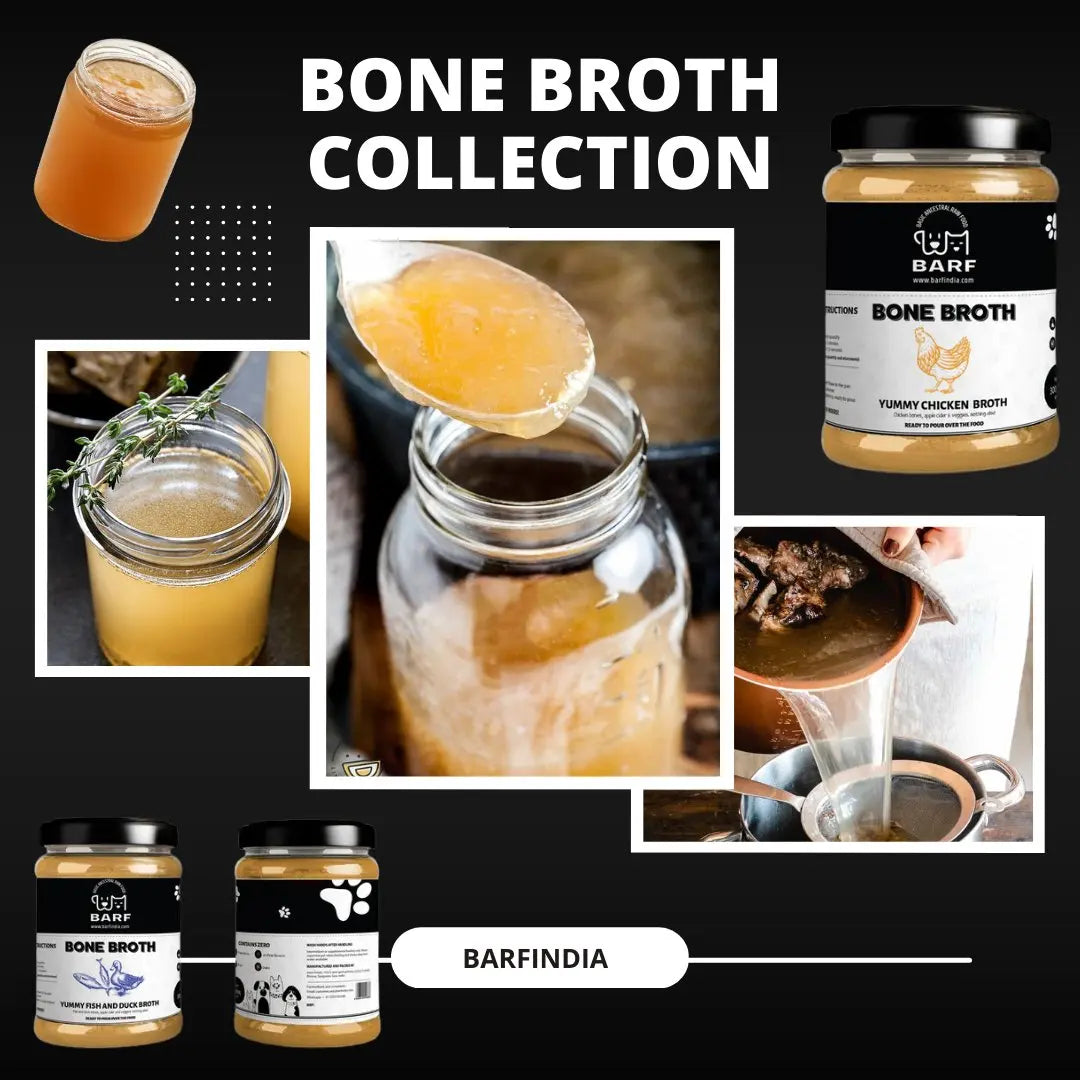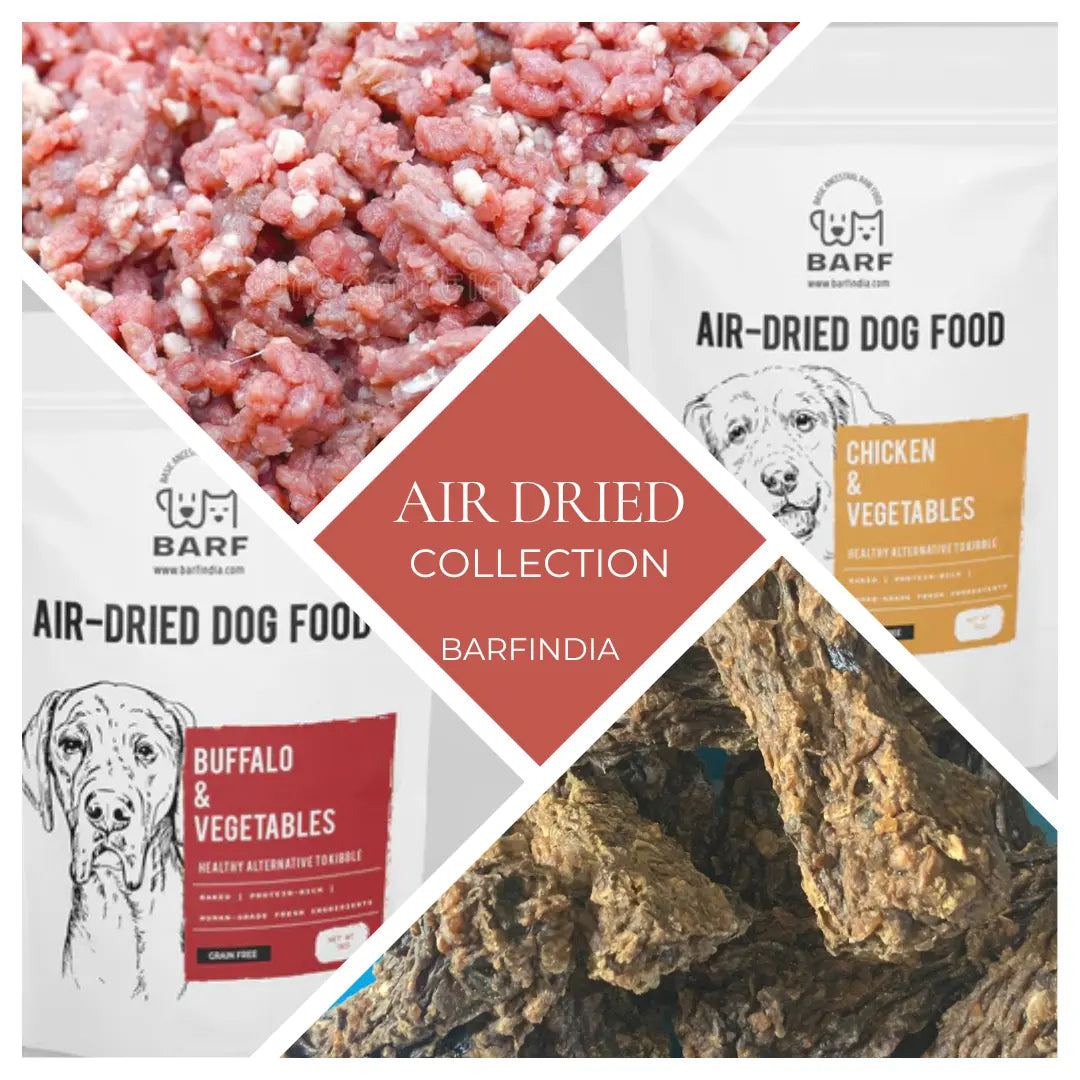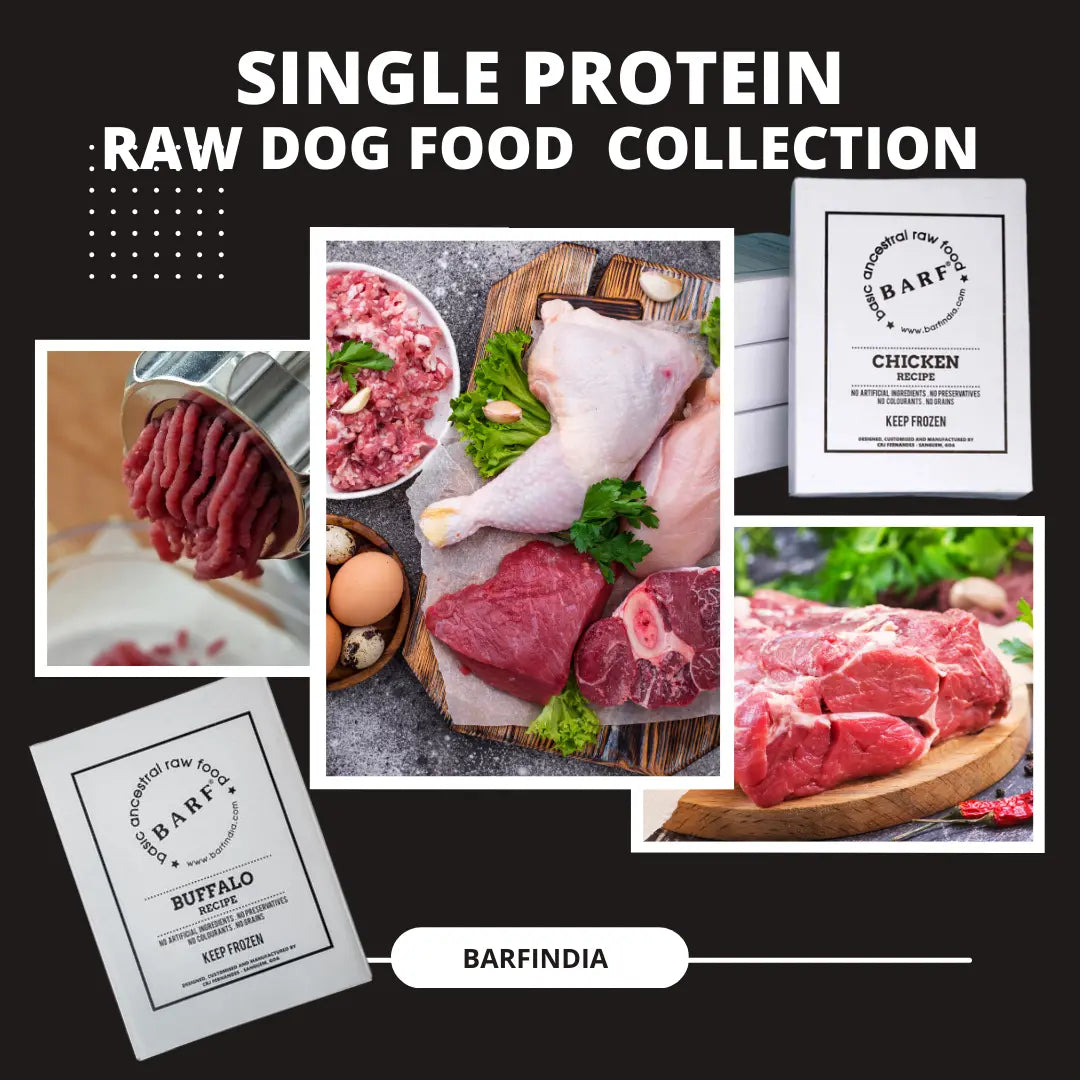
Probiotics and the raw feeder in India
B.A.R.F. India AdministratorProbiotics for your dog:
Probiotics? Hippocrates, the father of medicine, had said: “death sits in the bowels”. Thousands of years later, scientists finally began to see what he was talking about. Nobody can have a healthy life with a poorly functioning gut. Understanding the mechanism underlying the health of your dog’s digestive system can help in the prevention of many diseases that are rampant in the pet world today. Understanding “gut microflora” Bacteria are everywhere. They are on your skin, inside your digestive tracts, on your chair, on your phone screen, on your table surface and pretty much everything on the planet you can possibly imagine. Our dogs have a wide range of bacteria living on the surface of their bodies and inside them. It’s no reason to panic! Like everything else on earth, your dog is bacteria-ridden.
Bacteria in the gut:
Compared to any other part of the body, the digestive system or the gut of your dog has significantly more bacteria, being the largest immune organ of the body. Bacteria in your dog’s digestive tract are called the gut microflora or the gut microbiomes. These bacteria aid in digestion and absorption of the food your dog eats.
Dogs digestive system:
Dogs’ digestive systems were specifically designed to tolerate high bacterial levels – so high that if such a load was present anywhere else in their body, it could be life-threatening. Without these bacteria, your dog will be unable to digest properly, leading to diseases like inflammatory bowel disease (IBD) and leaky gut (dysbiosis). Beyond digestion, these gut bacteria reduce the risk of allergies, anxiety and improve general well-being. Basically, these are the “good bacteria” that prevent overgrowth of any “bad bacteria” that enters your dog’s body.
What harms the good bacteria in the gut:
The optimum level of these good bacteria can be disrupted by various factors, including:
- Gastrointestinal infections
- Stress (emotional and physiological)
- Weaning
- Sudden dietary changes
- Antibiotics and steriods
- Vaccinations
Once the good to bad bacteria is off balance, your dog may be opening itself to a bunch of different diseases. Many of which can be fatal.
What are Probiotics?
Probiotics literally means “for life”. These are microorganisms that are supplemented via diet to exert beneficial effects on the host, in this case, your dog’s digestive system. Each dog’s gut microbiome is unique. They are based on early exposure to microbes like the ones inherited from the mother during birth, contact with environmental factors, diet, and lifestyle. As the puppy grows and gets exposed to various lifestyle changes, the microbiome balance is disturbed. There are two types of supplementation methods to bring the balance back to your dog’s gastrointestinal health:
- Prebiotics – These are substances that essentially “feed” the bacteria that are already present in your dog’s gut. When prebiotics is consumed, they ferment into short chain fatty acids that maintain balance and promote the growth of healthy digestive microflora. There is some debate about whether prebiotics may also promote the growth of harmful bacteria. Prebiotics in combination with probiotics will give your dog a better digestive boost. Examples of prebiotics are bananas, garlic (in moderation – anything beyond 15 grams of garlic per kg of body weight can be toxic), green leafy vegetables, apples.
- Probiotics – Another means of administering good bacteria to your dog is using probiotics. They help in maintaining the mucosal lining of the tract and promote cell repair. Instead of feeding the existing gut microflora, probiotics contain active live cultures of the beneficial bacteria that can be consumed. Examples of probiotics are kefir, yogurt, raw goat’s milk, green tripe.
What do you need to look for in Probiotic supplements?
- Live cultures – Unless the bacteria present in the substance is “live” or “viable”, it is not considered a probiotic. This means that the cultures are active and will aid in the multiplication of beneficial bacteria in your dog’s tract. If you are looking for a supplement from the store, make sure you look at the label to ensure live cultures are present.
-
The number of bacterial strains – Many of the commercially available probiotics for dogs contain only 3 or 4 strains. A good probiotic for dogs should have at least 10 different bacterial strains. Some of the common beneficial strains are:
- Enterococcus faecium
- Lactobacillus acidophilus
- Lactobacillus casei
- Bifidobacterium bifidum
- Bifidobacterium animalis
- Lactobacillus salivarius
- Lactobacillus plantarum
- Bifidobacterium lactis
- Bifidobacterium breve
- Lactobacillus streptococci
- Lactobacillus rhamnosus
Each of these bacteria have different functions in your dog’s body. As they are administered to your dog, they will work to improve digestion and ward off any foreign bacteria that may cause gastrointestinal issues. One of the literature reviews performed by Banfield Applied Research & Knowledge (BARK) team – Dr. Sandi Lefebvre in August 2011 showed that different strains of bacteria showed different functions in the gastrointestinal tract (see tables below). Many of these strains have not yet been evaluated in the veterinary field. 

- Potency – Many of the bacterial strains in current probiotics on the market have not been tested for potency. When it comes to probiotics, the higher the potency, the more effective it is. Dr. W Jean Dodds, in his book Canine Nutrigenomics, The New Science of Feeding Your Dog for Optimal Health suggests that good quality probiotics have about 30 billion or more beneficial bacteria per serving.
- Purity – Like many commercially available dog foods on the market, probiotics may also be contaminated with artificial colors, flavors, preservatives, sugar, corn, soy, wheat etc. Presence of such substances will drastically reduce the effectiveness of the probiotic and reduce purity.
- Made for dogs – Probiotics help dogs and humans all the same. However, the same strains that promote a healthy digestive system in humans may not work for dogs. It is especially important to ensure that the cultures listed above are present in your dog’s probiotic supplement, to get the most out of it.
Sources of Probiotics for Dogs
In addition to probiotics that are available at your pet store, there are many natural sources of probiotics for your dog.
- Kefir or yogurt – Unsweetened kefir made from the cow’s milk, goat’s milk, coconut milk, rice milk etc. can be fed to dogs daily. Yogurt is also another source of probiotics for dogs that are not lactose intolerant.
- Raw Goat’s Milk – This is probiotics galore! Raw goat’s milk can be given to dogs that are sensitive to yogurt or any other dairy-based products.
- Fermented vegetables – Vegetables like cabbage, carrots, capsicum and certain fruit like apple can be fermented and this is a great, natural way to incorporate some probiotics in your dog’s diet. Shred or chop these vegetables and soak them in brine (salt water) for 4-5 days at room temperature in a glass jar.
- Soil and grass – Let your dog play and roll around in the mud. It has been proven that soil based microorganisms are extremely beneficial to dogs in promoting a healthy microbiome. Pesticide and chemical free soil and grass is a fun way for dogs to get all the probiotics they would require.
How do Probiotics help?
- Promoting healthy immune function – Dogs that consume probiotics on a daily basis have a strong immune system, thereby reducing the risk of developing allergies like dermatitis, yeast infections etc. Chronic respiratory illness have also shown improvement in dogs administered with probiotics. They help reduce the number of unfavourable metabolites that live in the intestines and facilitate removal of toxins by improving digestive processes.
- Improve metabolism – Probiotic supplements also allow the dog to metabolize nutrients more efficiently. Better absorption of vitamins and minerals is due to a robust digestive tract, and will help dogs achieve a healthy bone density and stability. An improved metabolism will enhance production of biotin, folic acid, and most B vitamins.
- Slow down or eliminate diarrhoea – Digestive distress can be eliminated with the use of probiotics. Use of antibiotics and steroids can cause side effects like diarrhoea or constipation. Probiotics help reduce the frequency and duration of all such gastrointestinal issues.
- No more gas – There is nothing worse than a flatulent dog. Probiotics decrease gas, which ultimately means a happier dog and a happier you.
- Reduces risk of cancer – Probiotics not only help digestive function, but also reduce the risk of developing cancers in the urogenital tract, liver, bladder and mammary glands.

Can all dogs digest probiotics?
With the exception of immune-compromised dogs, probiotics are suitable for every dog within the suggested dosages. When your dog’s immunity is at its lowest, probiotics may not help and the bacterial load may worsen the condition. It is important to evaluate your pet’s current condition before administering any probiotic supplements. For puppies under six months old, probiotics should be given in smaller amounts and slowly introduced. Growing puppies are not fully developed and their gut microflora are still developing with exposure to the environment. Exposing puppies to a large amount of probiotic bacteria may overload their digestive system causing an upset stomach.
Probiotics and BARF diets
Although a BARF diet does not consider probiotics as a compulsory component for a balanced diet, they can help immensely especially during the transition stages to raw foods. Dairy-based probiotics have shown to additionally provide niacin, folic acid, vitamins B6 and B12. Bacteria present in raw meat can seed the functioning of the gut microflora. Provide your dog with some probiotics in addition to the raw diet and your dog is on its way to a healthier life.




